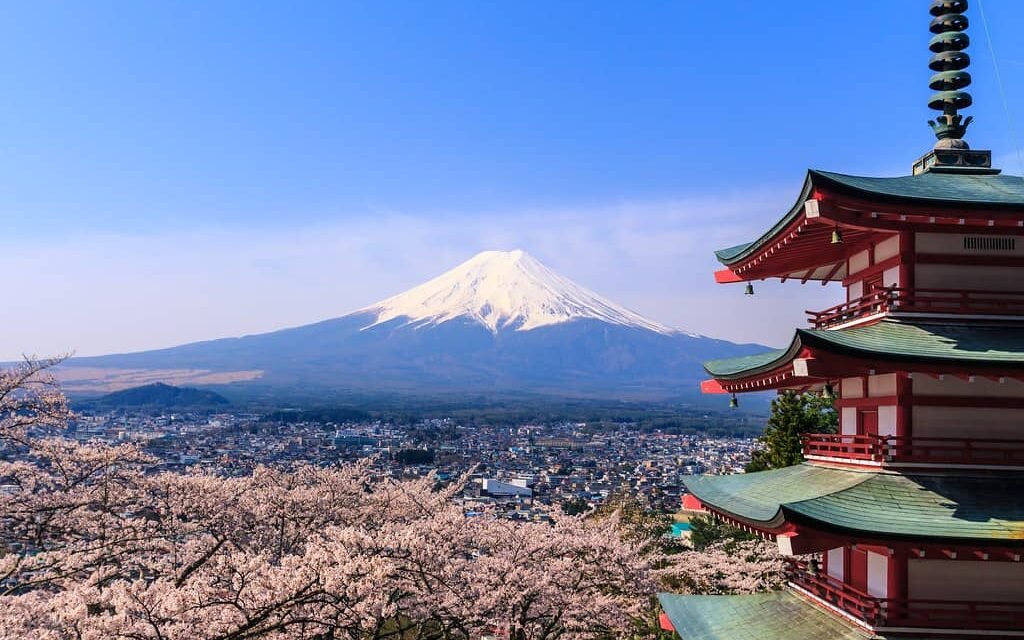Starting from July 1, 2024, Japan will introduce new restrictions on visitors to Mount Fuji’s Yoshida trail to combat overtourism and preserve the mountain. The new regulations will include a fee and a daily limit on visitors.
Mount Fuji is a UNESCO World Heritage site and has seen a significant increase in visitors, leading to rising concerns over environmental damage and hiker safety. The Yoshida trail, known for its convenience from Tokyo and availability of mountain huts, has been particularly affected by the surge in tourism.
The Yamanashi prefectural government, responsible for overseeing activities on the mountain, has decided to implement a fee to mitigate the impact on the environment. Additionally, they will enforce a daily limit of 4,000 climbers on the Yoshida trail during the 70-day summer climbing season.
Last year witnessed an “unprecedented number” of climbers on the Yoshida trail, and authorities are bracing for a similar influx in 2024. In 2023, over half of the 221,322 climbers chose the Yoshida trail for their ascent. The substantial increase in visitors has resulted in litter accumulation along the trail, traffic jams causing accidents, and concerns about inexperienced hikers facing difficulties near the summit due to limited facilities.
To address these challenges, climbers will face restrictions on starting their ascent between 4 pm and 2 am. While the exact fee is yet to be disclosed, authorities plan to set up a gate at the Yoshida trail entrance to collect the toll. The funds collected will be allocated to constructing shelters along the route, crucial for use in the event of a volcanic eruption, and maintaining the hiking path.
This initiative follows the voluntary payment program introduced in 2014, encouraging climbers to contribute ¥1,000 (€6.20) per person towards site preservation. The new fee aims to secure additional resources to enhance conservation measures. Officials believe that this will not only contribute to maintaining the pristine beauty of Mount Fuji but also ensure the safety and enjoyment of the climbing experience for visitors.
While concerns about the fee’s amount linger, the Yamanashi prefectural government emphasizes the need for sustainable tourism management. They hope the fee will serve as a deterrent against excessive visitation, striking a balance between accessibility and the preservation of Mount Fuji’s natural splendor.
As Japan takes this proactive step to address the challenges posed by overtourism, eyes are on the upcoming months to see how these measures unfold and their impact on Mount Fuji’s ecosystem and the overall experience for climbers.

Nature has always been my thing since I was a kid. I grew up surrounded by it, and it made me care deeply about keeping it safe. After studying Environmental Science and Journalism, I set out to uncover the big stories about what’s happening to our environment.










